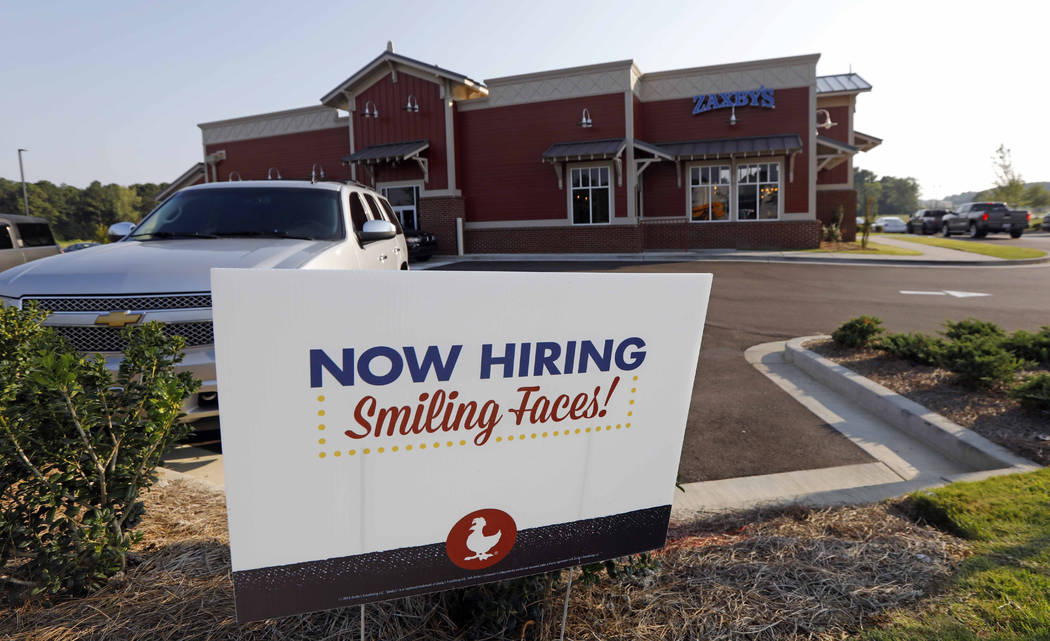EDITORIAL: As the market churns: Remember these chain restaurants?
If you’re worried about the dominance of Google, Facebook, Amazon and other tech giants, think about what happened to Howard Johnson’s.
If you’re under 50, you’re reaction is probably “Who?” But more seasoned Nevadans will remember what was once the largest restaurant chain in America. Its locations had orange roofs with blue cupolas and served fried clam strips. Forty years ago, it had 1,000 locations and served more meals than any American food service provider but the U.S. Army.
Today, there’s only one left in the entire country. The Howard Johnson’s hotel chain spun off from the restaurant business and is now run by Wyndham.
The Howard Johnson’s journey from ubiquitous to rarity isn’t unique, and there’s a lesson here about markets, innovation and the value of creative destruction.
MoneyWise recently put out a list of 24 chain restaurants that were once much more numerous than they are today. The list includes sandwich shops such as Blimpie, frozen yogurt chain TCBY and Big Boy, which greeted customers with a giant statue of its namesake.
Past success, however, is no guarantee of future profits in a free market, and not just in restaurants. Sears was once the largest employer in America. It revolutionized how Americans bought products through mail-order catalogs and then transitioned to retail stores. In the mid-20th century, Sears seemed invincible, but it filed for bankruptcy a month ago. Discount retailers such as Walmart and Target took its customers. Amazon did more damage as it popularized online shopping.
In a free market, businesses aren’t guaranteed profits. They have to earn them every day knowing there are competitors out there seeking to make money by better serving their customers.
This is why crony capitalism is so destructive. It distorts the market by helping businesses make money by manipulating the coercive power of government, rather than simply meeting customer demand Sometimes this is obvious, such as NV Energy seeking to maintain its monopoly on the retail sale of electricity or tax breaks awarded by politicians to favored companies such as Tesla.
Sometimes this is more subtle. Some larger businesses will embrace onerous regulations or mandates. They have the financial resources to absorb the costs, while their smaller competitors may not. Strangling the growth of small, upstart businesses can have large long-term payoffs.
Don’t be intimidated by the size of today’s corporate giants. Focus instead on limiting their ability to use government coercion. Absent that, today’s largest businesses will stay profitable only if they continue to do the best job meeting consumer demand. That’s hard to do — just ask Howard Johnson’s.

















